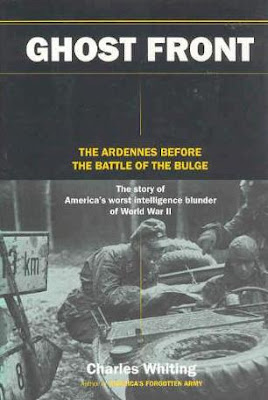Sorry guys, but obvious spam from people posting porno and-or links to porno and the related . . . just have to delete those.
Not that there's anything wrong with that . . .
Fiction stranger than truth
Aliens have deactivated British and US nuclear missiles, say US military pilots
Aliens have landed, infiltrated British nuclear missile sites and deactivated the weapons, according to US military pilots.
In a letter obtained by Fox News, the DIA says national security could be breached if "Operation Dark Heart" is published in its current form. The agency also attempted to block key portions of the book that claim "Able Danger" successfully identified hijacker Mohammed Atta as a threat to the United States before the Sept. 11, 2001, terror attacks.
My informant said he had lived in contact with German officials close to Hitler and suspected that in remote parts of the cavern, which had been cemented shut by the Germans, there may be new secret weapons. He spoke vaguely about conversations with Germans who hinted at atomic energy and the "bomb that freezes."

Intelligent Integration Systems Inc. (IISI), a Boston software company, is asking a judge to immediately stop customers, including the CIA, from using proprietary geospatial software that it says another company illegally reverse engineered.

A physicist and his wife, who both once worked at Los Alamos National Laboratory in New Mexico, were arrested Friday and charged with a criminal conspiracy to help Venezuela build an atom bomb.Payback was set in Peru, but of course was inspired by Venezuela. (Peru's more interesting.)

For nearly two years, Amazon has been trying to get manufacturers to adopt “frustration-free packaging” that gets rid of plastic cases and air-bubble wrap — major irritants for consumers and one of Amazon’s biggest sources of customer complaints.
But the frustration persists.
Story here.
. . .during the summer of my 16th year, I found a job with a plumbing contractor. I crawled under houses, into the cramped darkness, with a shovel, to somehow find the buried pipes, to dig until I found the problem, then crawl back out and report what I had found. I vowed to get a desk job. . . .

A whine. A groan. A sound like a diamond being scratched along a piece of glass. Then the frieghteningly familar, baleful shriek of the German multiple morar was heard. Fingers of black smoke poked their way up into the leaden sky, and suddenly, all was chaos and confusion. The rockets ripped great steaming holes in the earth like the work of gigantic moles. They snapped the trees, flinging their crowns high into the air, and sent huge shards of jagged metal hissing lethally to all sides.Gotta love it. Just don't necessarily take his word for it.
